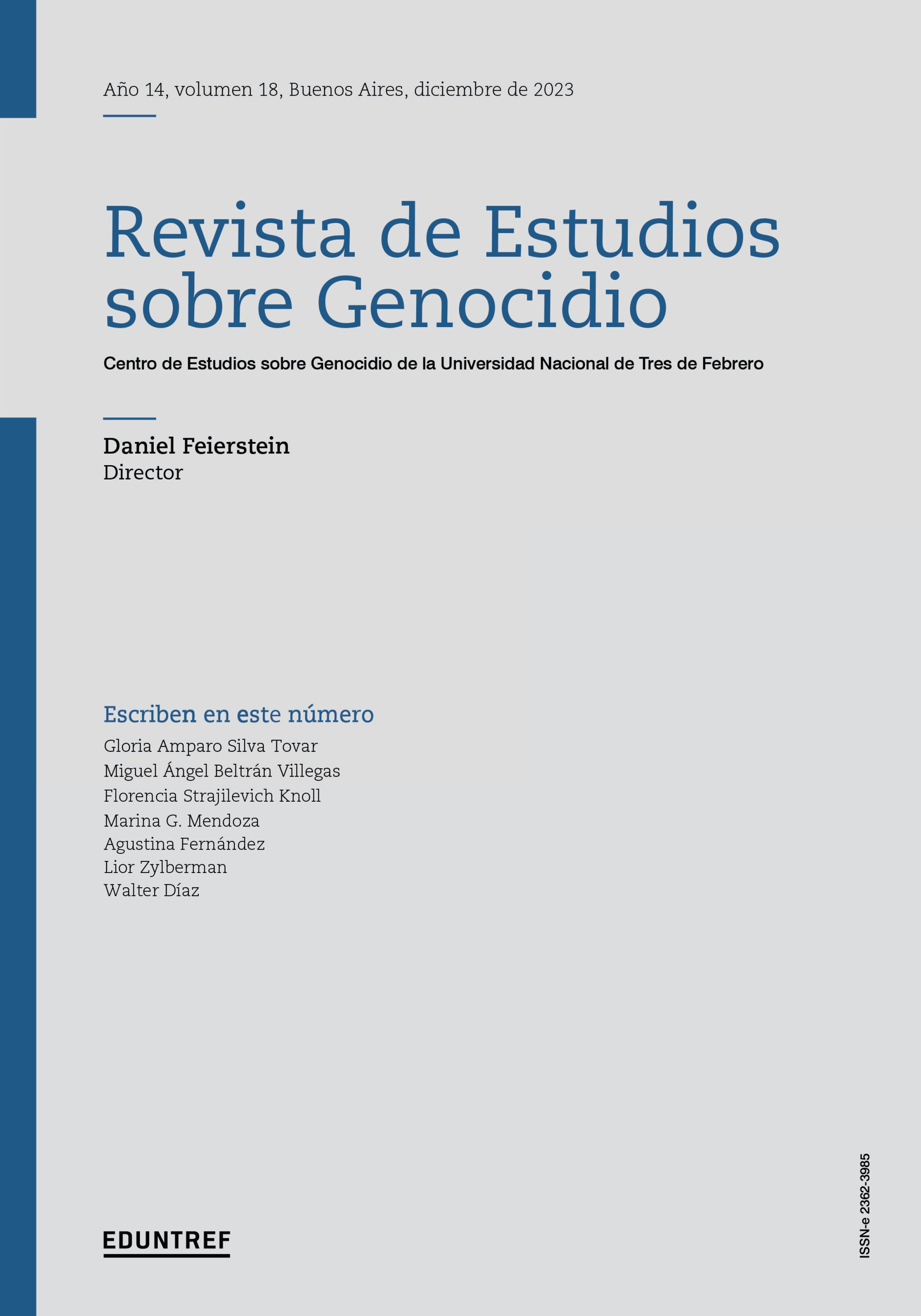Abstract
The expansion of the extractive frontier and the deepening of primary exploitation that the Latin American region experienced from the commodities supercycle (2003-2013/14), led to the exacerbation of socio-environmental conflicts. The expansion of these activities to areas previously considered unproductive or protected by special legislation such as that referring to indigenous communities, intensified the protests of communities affected directly or indirectly by the destruction of their environment, the contamination of soils and water courses or the elimination of their pre-existing economic practices.
Faced with the need to consolidate themselves as attractive investment centers for international capital and in view of the growing opposition, the national and subnational States of raw material producing countries implemented internal order control mechanisms that guaranteed the conditions of stability required for the installation and the development of extractive projects.
The criminalization processes that were deployed to delegitimize the demands of the indigenous and peasant communities that mobilized in defense of their territories included the political-judicial-media use of the figure of "ecoterrorism", the securitization and militarization of territories, the modification of legal regimes and the establishment of states of emergency in geostrategic areas. The construction of these groups as a terrorist threat laid the foundations to justify the deployment of a violent state response.
This article analyses the mechanisms of criminalization of socio-environmental conflicts in Chile and Peru between 2003 and 2023, considering the subnational cases of the Southern Macrozone in the Chilean case and the Andean and Amazonian zones for the Peruvian case. From a sociohistorical approach, we postulate that the reconfiguration of the “subversive” enemy typical of the dictatorial contexts (Chile) and authoritarian neoliberalization (Peru) into the “ecoterrorist”, constitutes a strategy of the state and business elites to sustain the model of neo-extractivist accumulation.

El contenido de esta revista está licenciado bajo una licencia internacional Creative Commons Attribution-NonCommercial 4.0.

